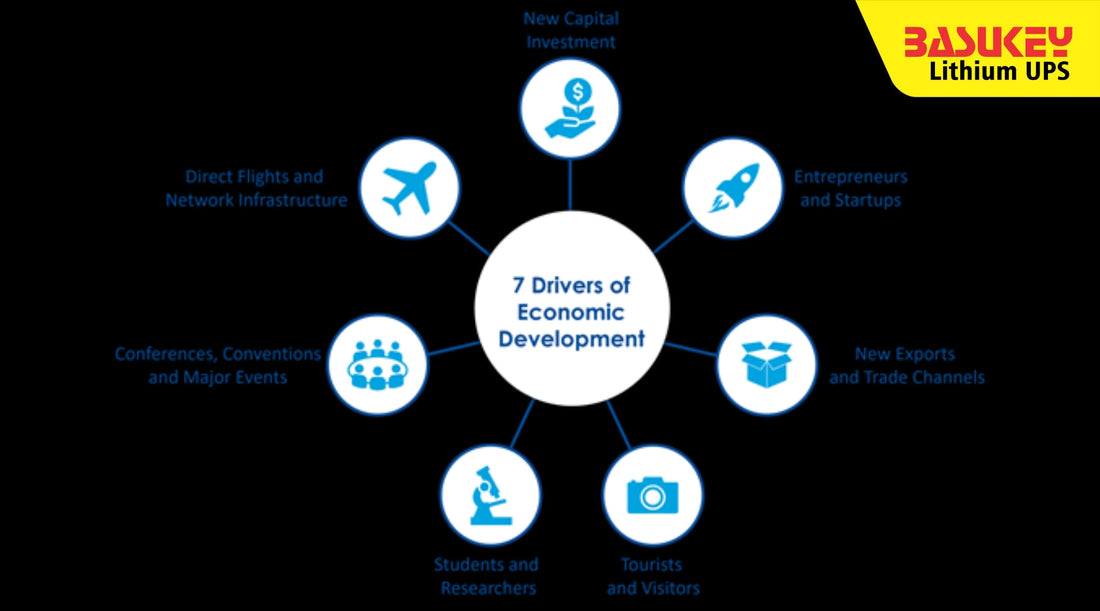
How Access to Electricity Drives Economic Development
Share
Access to electricity is a fundamental driver of economic development in both developed and developing countries. The availability of reliable and affordable electricity plays a crucial role in various aspects of a country's economy, from industrial growth to social development.
Increased Productivity and Efficiency
One of the key ways in which access to electricity drives economic development is by increasing productivity and efficiency in various sectors. Industries that have access to electricity can operate machinery, tools, and equipment more efficiently, leading to higher levels of production and output. This increased productivity ultimately contributes to economic growth and development.
Facilitates Innovation and Technological Advancement
Electricity is essential for driving innovation and technological advancement in a society. It powers research facilities, laboratories, and technology hubs, enabling scientists, researchers, and innovators to develop new technologies and solutions. This, in turn, leads to the creation of new industries, job opportunities, and economic growth.
Improves Quality of Life
Access to electricity also plays a significant role in improving the quality of life for individuals and communities. Electricity enables access to essential services such as healthcare, education, and communication. It powers hospitals, schools, and communication networks, enhancing the overall well-being and standard of living for people.
Boosts Entrepreneurship and Small Businesses
Electricity is a critical enabler for entrepreneurship and the growth of small businesses. With access to electricity, entrepreneurs can start and operate businesses more efficiently, leading to job creation and economic diversification. Small businesses powered by electricity can expand their operations, reach new markets, and contribute to the local economy.
Attracts Foreign Investment
Countries with reliable electricity infrastructure are more attractive to foreign investors looking to establish or expand their operations. Access to electricity signals a stable business environment and infrastructure, which can attract foreign direct investment. This investment leads to job creation, technology transfer, and overall economic development.
In conclusion, access to electricity is a critical factor in driving economic development. It enhances productivity, fosters innovation, improves quality of life, supports entrepreneurship, and attracts foreign investment. Governments and policymakers must prioritize investments in electricity infrastructure to unlock the full economic potential of a country and improve the lives of its citizens.
